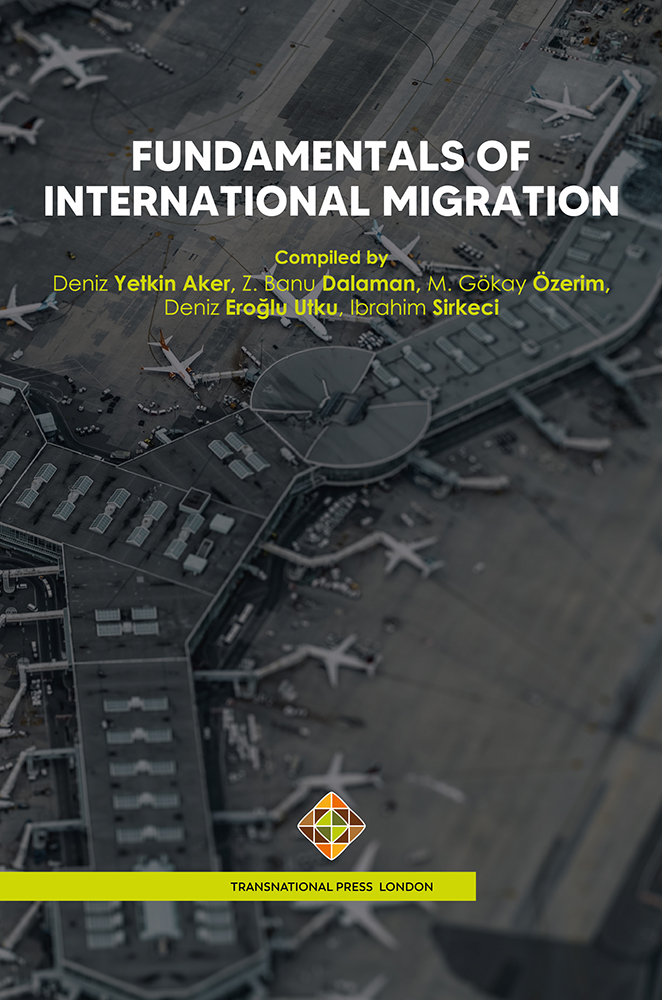Transnational mobility and conflict
Transnational mobility and conflict
Author(s): Ibrahim Sirkeci
Subject(s): Migration Studies, Peace and Conflict Studies
Published by: Transnational Press London
Keywords: Transnational; mobility; conflict; Transnationalism; migration; typologies; voluntary; economic; political;
Summary/Abstract: Transnationalism opened up the discussion in international migration studies by abandoning the unidirectional and static understanding of the phenomenon. In Faist’s three generations typology, transnationalism corresponds to the third generation of migration theories recognising migration practices connecting both sending and receiving worlds (2000:12). This may sound quite motionless, but yet he argues “migrations are not singular journeys but tend to become integral part of migrants’ lives” blurring the distinction between countries of origin and destination(2000:13). The focus here is onto the transnational geography or transnational social space where migrations occur. Thus, we may avoid a) the dullness and simplicity of pull-push models which tend to see migration as a move from A to B determined by the relative attractiveness of both ends; b) self-fulfilling prophecy(Merton, 1959:423) of network models; c) bureaucratic definition of international migration (i.e. changing place of residence for 12 months or more); d) providing a space to abandon the separation e.g. migrants and non-migrants; e) theoretically useless migration typologies (e.g. voluntary vs. forced, economic vs. political etc.)which does not help in understanding migration behaviour.Transnational mobility and conflict
Book: Fundamentals of International Migration
- Page Range: 65-73
- Page Count: 9
- Publication Year: 2021
- Language: English
- Content File-PDF

